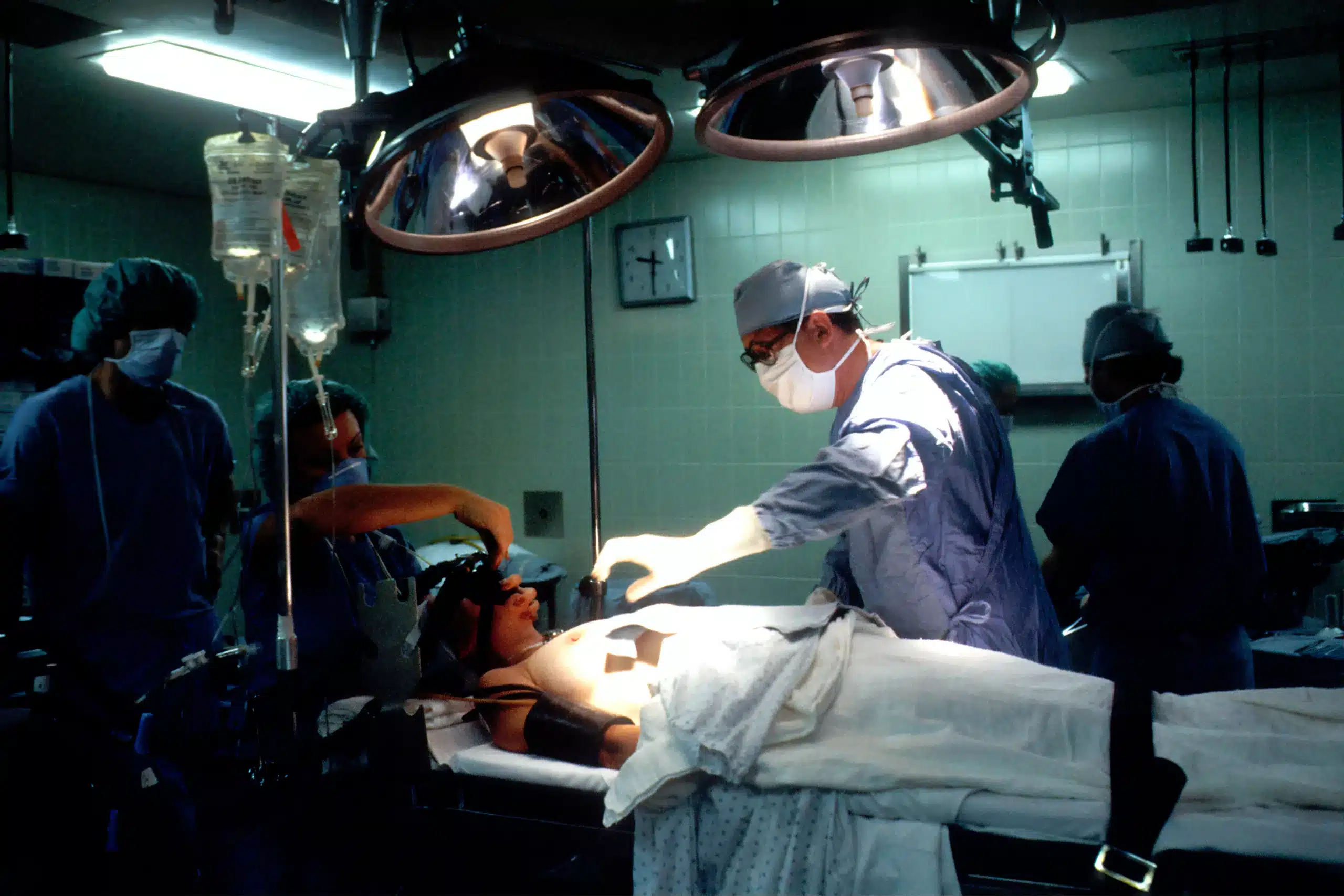Every year, in England, there are thousands of elective operations cancelled by the NHS due to non-clinical reasons. Cancelled non-elective surgeries can be stressful and frustrating for patients, especially if you are counting on it to address pain that you are suffering from. Unfortunately, cancellations do happen and they are often an indicator of hospital capacity and there can be many reasons as to why your surgery has been cancelled. Having your surgery cancelled can be extremely disappointing and in this article, we will be discussing what happens if you have received a cancelled surgery.
Why surgeries are cancelled at the last minute
Sometimes, planned surgeries have to be cancelled at short notice and this can be extremely upsetting for patients. There are clinical and non-clinical reasons as to why this can potentially happen.
Clinical reasons:
- Patient is unwell – if you arrive for your planned surgery and the clinical staff determine that you are not well enough to have your planned surgery, they will not perform the surgery
Non-clinical reasons:
- Capacity issues – if the NHS is stretched to its limits due to high demand for healthcare services, this can lead to a lack of available beds, operating rooms and staff
- Emergencies – non-elective surgeries can often be cancelled at short notice due to emergencies, such as other patients needing urgent treatment and surgery
- Staff shortages – occasionally, there can be staff shortages within the NHS due to illness for example
The NHS will prioritise treatments based on clinical need, so conditions that are more urgent will likely be treated first. If your surgery has been cancelled and you feel as though your condition or symptoms are getting worse, it is important that you contact your medical provider and let them know.
What happens if your surgery is cancelled at short notice
Receiving notification that your surgery has been cancelled can be distressing and it is important to know what should happen next.
The NHS pledge that “all patients who have operations cancelled, on or after the day of admission (including the day of surgery), for non-clinical reasons to be offered another binding date within 28 days, or the patient’s treatment to be funded at the time and hospital of the patient’s choice”. This means that if your surgery has been cancelled due to non-clinical reasons, you should be offered a new date for your surgery within 28 days from the date of your original surgery.
This 28-day pledge covers all planned and booked hospital operations, including day surgeries, where you do not need to stay in hospital overnight. This will not however cover operations that are carried out at outpatient appointments or clinics.
If you are not offered a new date within 28 days then you have two options:
- You can stay on the list for your operation with your existing consultant and hospital
- Or, you can be treated at another time and hospital of your choice – if you choose to do this, your existing hospital will pay for this
What you can do between your cancelled surgery and rescheduled surgery
If your non-elective surgery is cancelled, you should get in touch with your healthcare provider and ensure that your surgery has been rescheduled within 28 days. Once your surgery has been rescheduled, there are other steps that you can take in the meantime:
- Follow up with your healthcare provider – stay in touch with your healthcare provider if you have any concerns
- Seek support – coping with a cancelled surgery can be extremely stressful for patients. It is important to seek support from family and friends if you need it
It is important to remember that even though cancelled surgeries can be frustrating, your healthcare provider and the NHS are working hard to provide you with the best possible care. By following up with your healthcare provider and seeking support, you can help to ensure that you have a successful surgery and a smooth recovery.
Statistics surrounding cancelled elective operations
According to the NHS, during Q3 2022/23, there were 21,273 operations that were cancelled at the last minute due to non-clinical reasons by NHS providers. A cancellation that is considered last minute is if the patient was only told that their surgery was going to be cancelled on the day of their surgery. The amount of operations that were cancelled during Q3 2022/23 represented 1.1% of all elective operations during that time period.
Out of the 21,273 surgeries that were cancelled, 4,593 patients, 21.6%, were not treated within 28 days of cancellation.
The data below shows the data compared to previous quarters:
| Year | Quarter | Elective Spells | Breaches of Standard | Cancelled Operations | Breach Rate (%) | Cancelled Operations (%) |
| 2022/23 | Q3 | 1,904,052 | 4,593 | 21,273 | 21.6 | 1.1 |
| 2022/23 | Q2 | 1,884,724 | 4,149 | 19,439 | 21.3 | 1.0 |
| 2022/23 | Q1 | 1,808,606 | 4,145 | 17,579 | 23.6 | 1.0 |
| 2021/22 | Q4 | 1,756,766 | 4,015 | 17,477 | 23.0 | 1.0 |
| 2021/22 | Q3 | 1,745,974 | 4,603 | 19,338 | 23.8 | 1.1 |
Source: NHS
Cancelled operations patients rights
As discussed previously in this article, if your non-elective surgery has been cancelled last minute, the NHS should offer you a new date for your surgery within 28 days. If your surgery is promptly rearranged within 28 days, you may not be entitled to compensation. However, if your cancelled operation is not rescheduled within the 28 days and happens after this time period, you may be entitled to compensation.
At Patient Claim Line, we work on a no win, no fee basis for patients that have been affected by cancelled and delayed surgeries. For many patients, cancelled surgeries can result in symptoms getting worse potentially developing more serious conditions and if you have experienced a cancelled surgery that has led to this, we are here to help you make a claim.
For advice on making a claim for delayed surgery, contact our trained medical negligence solicitors who will investigate your claim for you. We are committed to bringing the best service that we possible can, and you can find out if you have a claim at no cost.

